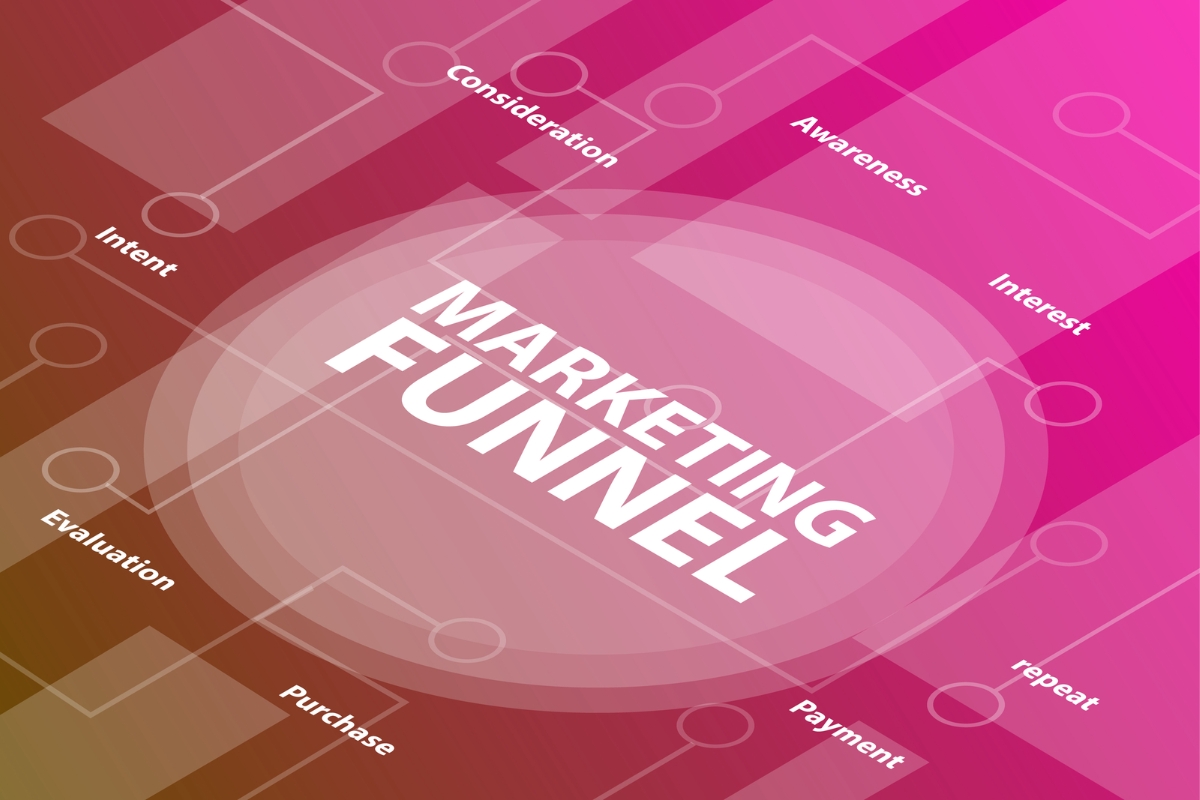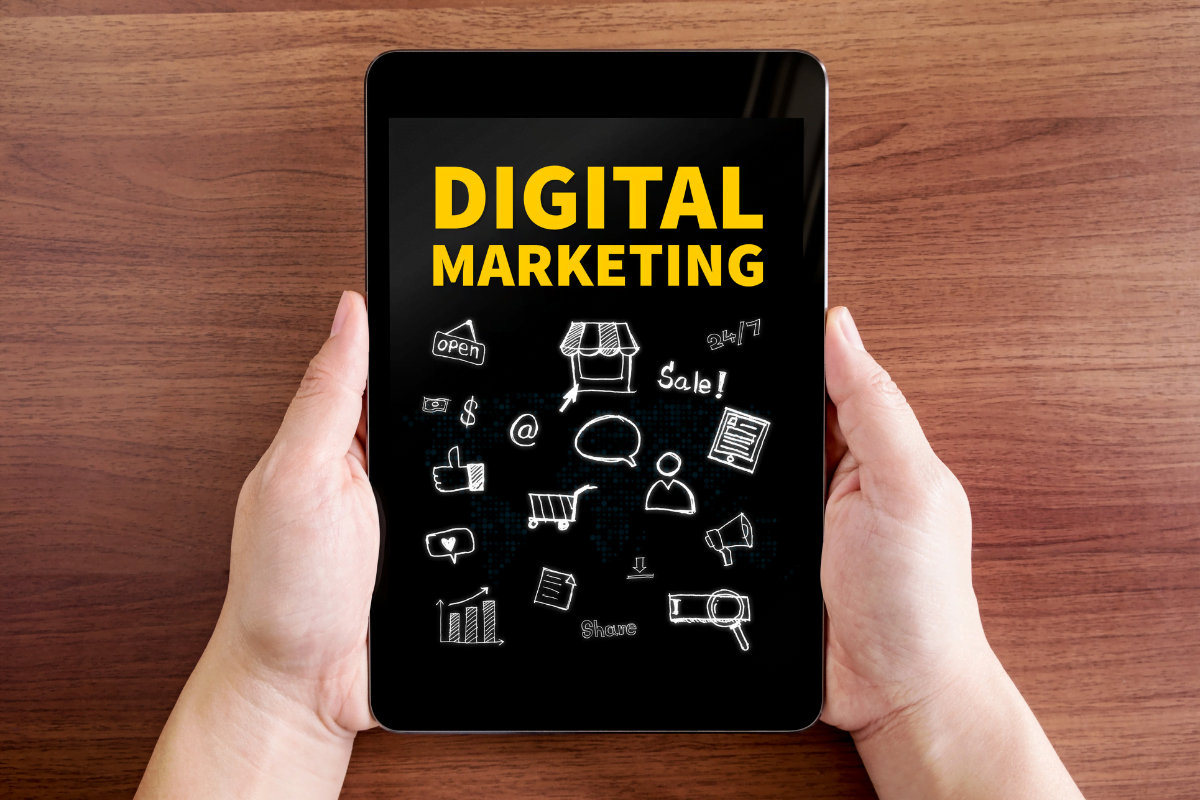In the vast landscape of digital marketing, the concept of the sales marketing funnel reigns supreme as a beacon of guidance for businesses seeking to convert curious onlookers into loyal customers.
Imagine the marketing funnel stages as a carefully crafted path that leads individuals through various stages of awareness, consideration, and ultimately, conversion. As marketers, understanding the intricate mechanics of these stages is akin to holding the key to unlocking the gates of effective customer conversion.
By dissecting these stages with surgical precision, businesses can tailor their strategies, messaging, and offerings to resonate with consumers on a profound level, fostering trust and loyalty along the way.
From Awareness to Conversion: Navigating Each Marketing Funnel Stage
Understanding the Awareness Stage
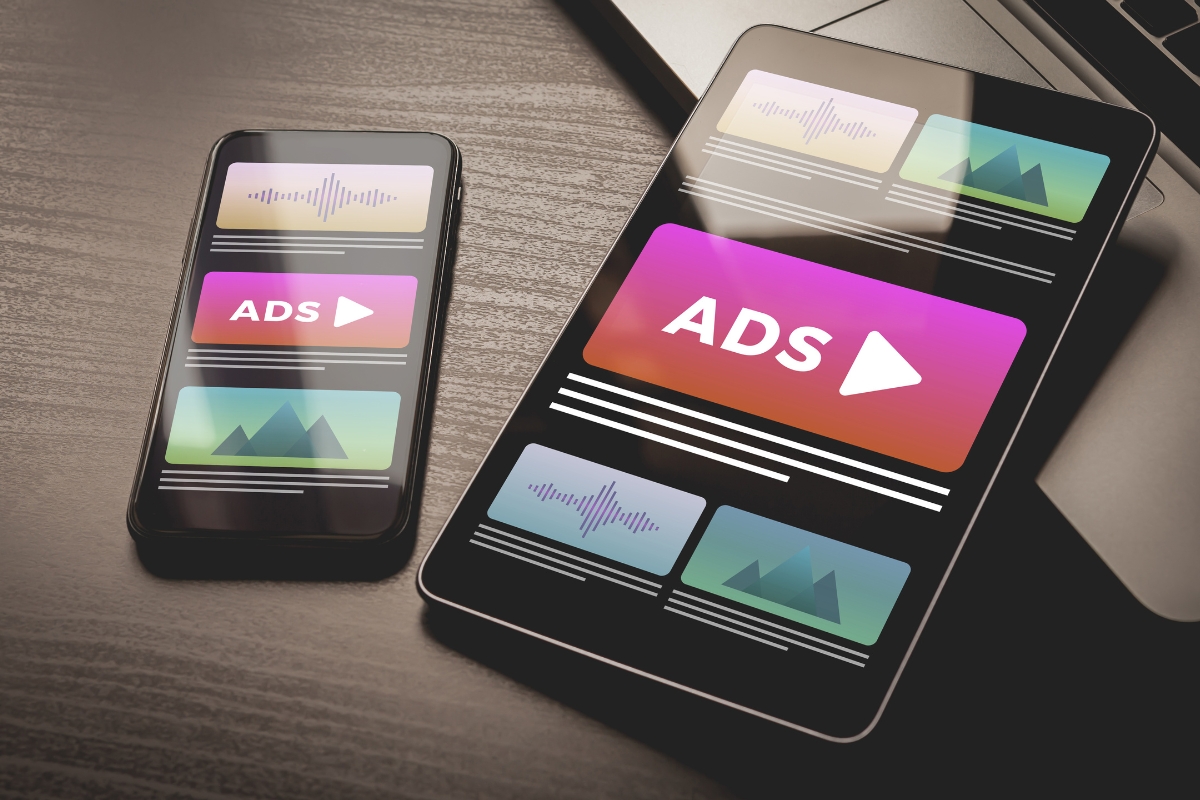
The first stage of the marketing funnel is the awareness stage. This is where potential customers become aware of a problem or need that they have, and they start looking for solutions. At this stage, they may not be familiar with your brand or even know that your product or service exists.
Your goal in this stage is to capture their attention and make them aware of your brand and what you have to offer. To effectively engage with potential customers in the awareness stage, you need to create compelling content that educates and informs, particularly within your niche marketing focus. This means tailoring your message to the specific interests and needs of your target audience, ensuring they understand how your brand can solve their problems or fulfill their desires.
This can take the form of blog posts, social media content, videos, or infographics. The key is to provide valuable information that addresses their pain points and positions your brand as an authority in your industry.
Crafting Compelling Content for the Consideration Stage
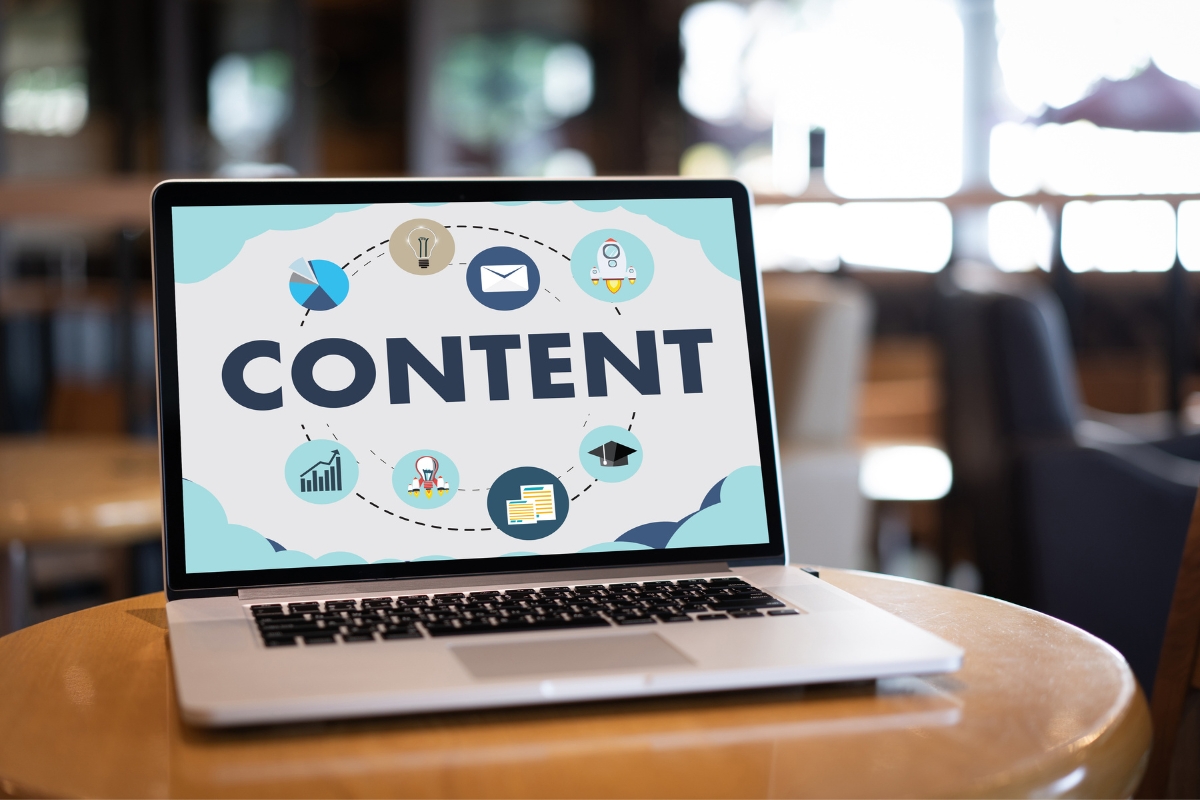
Crafting compelling content for the consideration stage is crucial in guiding potential customers towards making informed decisions. In the marketing funnel stages, the consideration stage plays a pivotal role in nurturing leads and turning them into loyal customers.
To create engaging content for the consideration stage, it’s essential to understand the needs and pain points of your target audience. By focusing on keywords and topics, you can tailor your content to address specific questions and concerns that arise during the consideration phase.
When crafting content for the consideration stage, emphasize the value proposition of your product or service. Highlight how your offering stands out from competitors and why it’s the best solution to meet the customer’s needs. Use persuasive language and compelling storytelling to connect with your audience on an emotional level and build trust.
Incorporate the section keywords strategically throughout your content to optimize visibility and relevance. By including relevant terms such as “customer conversion” and “effective,” you can signal to search engines and readers alike that your content is valuable and informative.
Remember to provide valuable information, such as case studies, testimonials, and product demonstrations, to help potential customers evaluate their options. By showcasing social proof and demonstrating the benefits of your offering, you can instill confidence in your audience and move them closer to making a purchase decision.
Nurturing Leads in the Interest Phase
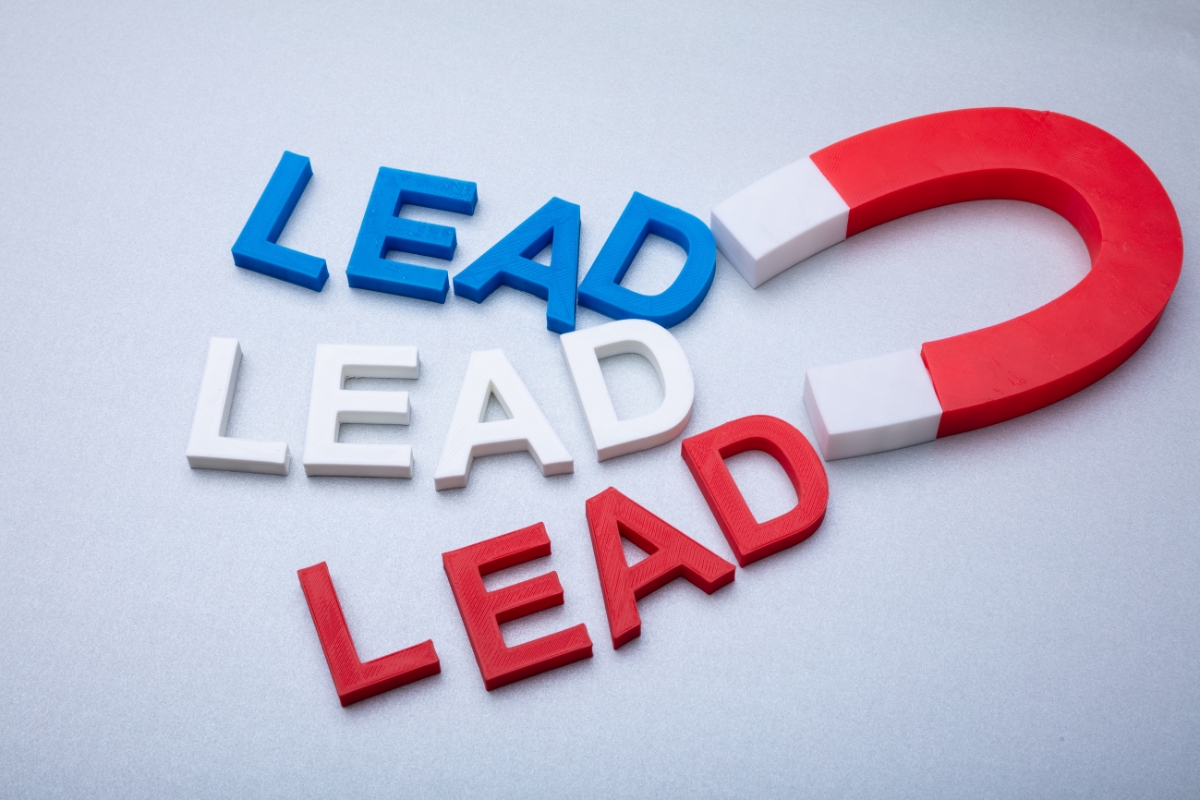
Nurturing leads in the interest phase is a crucial step in the marketing funnel stages. During this phase, potential customers have shown interest in your products or services, but they are not yet ready to make a purchase. To effectively convert these leads into customers, you need to engage with them in a strategic and personalized manner.
Personalization is key during the interest phase. Tailoring your communication and content to the specific interests and preferences of your leads can significantly increase the chances of conversion. Use data and analytics to understand your leads better and deliver targeted messages that resonate with them.
Engagement is another critical aspect of nurturing leads in the interest phase. Encourage interaction through various channels such as email marketing, social media, webinars, and personalized content recommendations. By keeping the conversation going and providing opportunities for leads to engage with your brand, you can move them further down the marketing funnel.
Lead scoring is a useful strategy to identify the most promising leads in the interest phase. By assigning a score based on lead behavior and engagement levels, you can prioritize your efforts and focus on leads that are more likely to convert. This targeted approach can help you optimize your resources and maximize conversion rates.
Strategies for Effective Decision-Making

When it comes to marketing funnel stages, understanding the strategies for effective decision-making is crucial for successful customer conversion. Effective decision-making plays a pivotal role in guiding potential customers through each stage of the marketing funnel, ultimately leading to increased conversions and sales.
- Data-Driven Decision Making: Analyzing data at each stage of the marketing funnel allows marketers to make informed decisions based on customer behavior, preferences, and interactions. By leveraging analytics tools, marketers can identify patterns, trends, and areas for improvement to optimize the customer journey.
- Segmentation and Targeting: Tailoring marketing strategies to specific customer segments enhances the relevance of communication and engagement. By segmenting customers based on demographics, behavior, or interests, marketers can deliver personalized content that resonates with each target audience, increasing the likelihood of conversion.
- A/B Testing and Optimization: Testing different approaches, messages, and visuals enables marketers to identify the most effective strategies for each marketing funnel stage. By continuously optimizing campaigns based on A/B test results, marketers can refine their decision-making process and enhance customer conversion rates.
- Multi-Channel Integration: Leveraging multiple marketing channels, such as social media, email, and content marketing, provides customers with various touchpoints throughout the marketing funnel. Integrating these channels cohesively ensures a seamless customer experience and allows marketers to make data-driven decisions across all touchpoints.
- Customer Feedback and Engagement: Actively seeking customer feedback and engagement allows marketers to understand customer preferences, pain points, and expectations. By incorporating customer insights into decision-making processes, marketers can adapt their strategies to better meet customer needs and enhance the overall customer experience.
Leveraging Social Proof and Testimonials
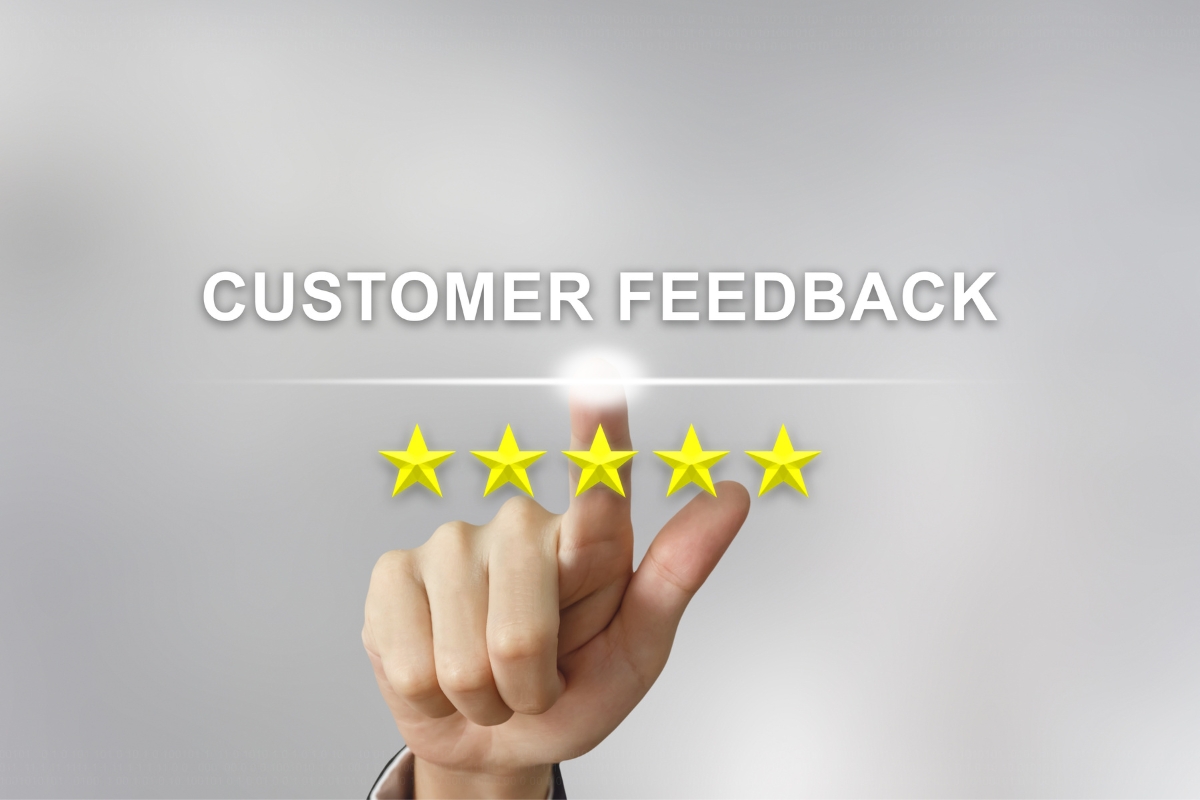
When it comes to marketing funnel stages, one essential strategy for effective customer conversion is leveraging social proof and testimonials. These powerful tools can significantly influence potential customers and guide them through the marketing funnel.
- Social Proof: This psychological phenomenon relies on people’s tendency to follow the actions of others. By showcasing positive feedback, reviews, ratings, or endorsements from satisfied customers, you can establish credibility and build trust with your audience at the top of the marketing funnel.
- Testimonials: Personal success stories and testimonials from happy clients can create a strong emotional connection with prospects. Placing these testimonials strategically in the middle of the marketing funnel can help address any doubts or objections potential customers may have, nudging them closer to making a purchase.
In the consideration stage of the marketing funnel, featuring case studies or testimonials that highlight how your product or service solved specific problems for previous customers can be highly persuasive. This section is crucial for nurturing leads and moving them towards the decision phase.
As prospects reach the bottom of the marketing funnel, incorporating social proof in the form of customer logos, user-generated content, or statistics about your satisfied clients can provide the final push needed for conversion. It reinforces the trust and credibility you have built throughout the funnel, encouraging prospects to take action.
By strategically leveraging social proof and testimonials at each stage of the marketing funnel, you can create a persuasive narrative that guides potential customers towards conversion. Remember, authenticity is key – genuine feedback and stories resonate more with audiences and help build long-lasting relationships with customers.
Implementing Retargeting Tactics
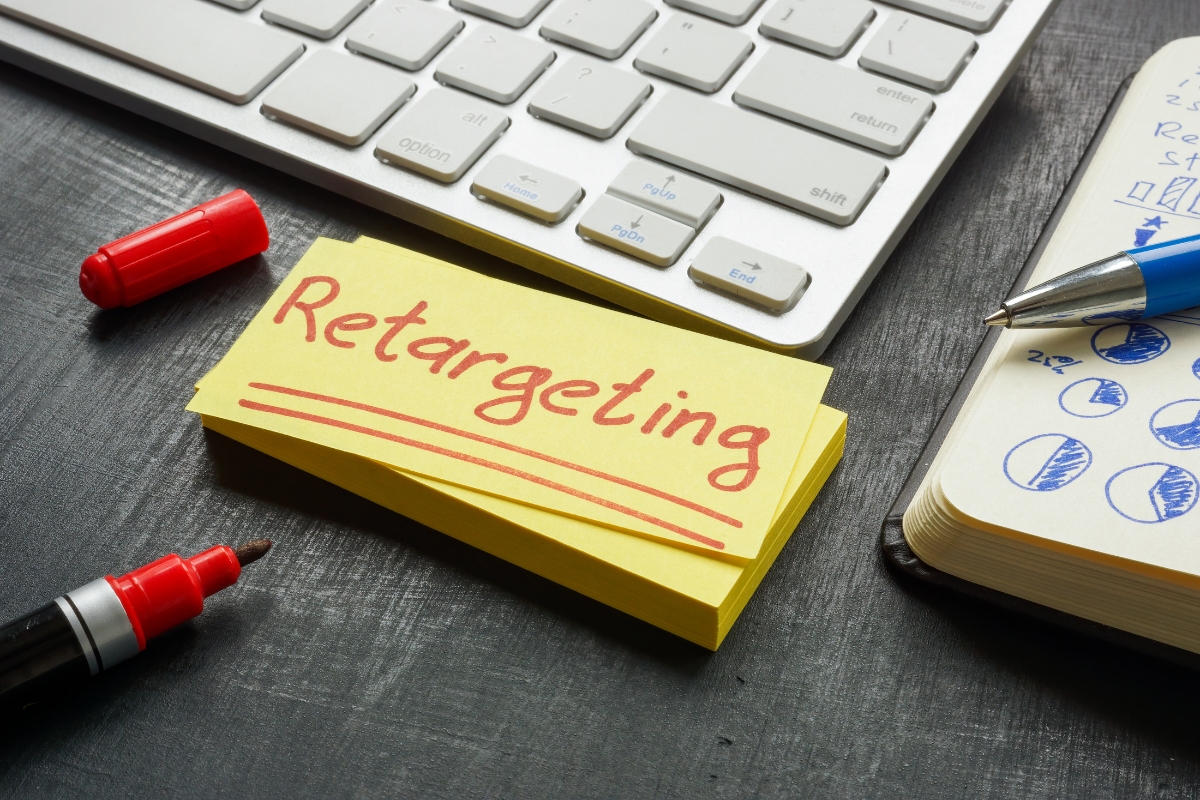
When it comes to implementing retargeting tactics in your marketing strategy, ensuring that your efforts align with the various marketing funnel stages can significantly enhance your customer conversion rates. By strategically targeting potential customers at different stages of the funnel, you can effectively nurture leads and guide them towards making a purchase.
- Awareness Stage: At the top of the marketing funnel, the awareness stage is all about capturing the attention of your target audience. Implement retargeting tactics such as display ads or social media campaigns to reintroduce your brand to users who have visited your website but haven’t taken any action yet.
- Interest Stage: As potential customers move down the funnel and show interest in your products or services, it’s essential to tailor your retargeting efforts accordingly. Engage these leads with personalized content, such as targeted email campaigns or product recommendations based on their browsing history.
- Decision Stage: In the decision stage, where leads are on the verge of making a purchase, leverage retargeting tactics like offering limited-time discounts or showcasing positive reviews to encourage conversion. By reminding users of the value your products or services provide, you can help them make a final decision.
- Action Stage: Even after a successful conversion, your retargeting strategy plays a crucial role in fostering customer loyalty. Stay connected with your customers through post-purchase retargeting efforts, such as cross-selling or requesting feedback, to ensure repeat business and brand advocacy.
By aligning your hyperlocal marketing retargeting tactics with the various marketing funnel stages, you can create a seamless and personalized customer journey that maximizes customer conversion and drives long-term success for your business.
Optimizing the Conversion Process
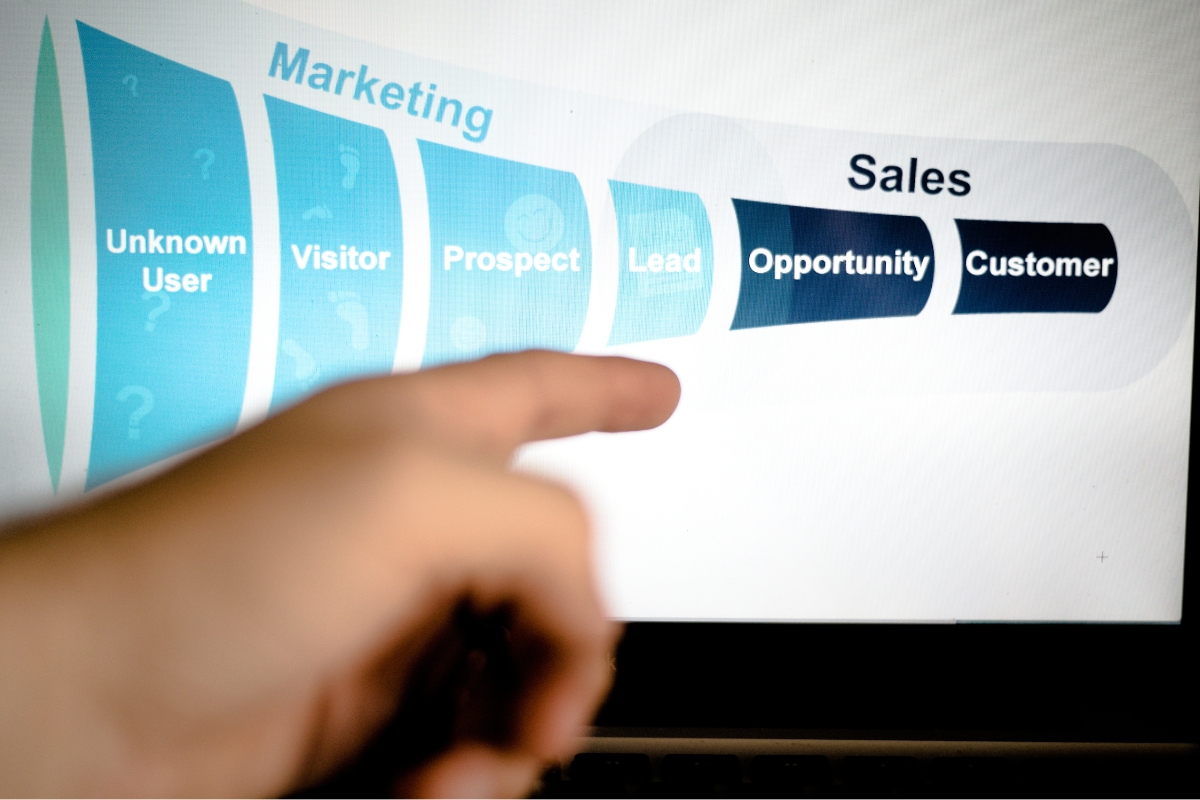
To optimize the conversion process effectively, understanding the various marketing funnel stages is crucial. Each stage plays a vital role in guiding potential customers towards making a purchase, ultimately leading to successful conversions. By delving into the secrets of these stages, businesses can refine their strategies and enhance their overall conversion rates.
- Awareness Stage: At the top of the marketing funnel, the awareness stage focuses on creating brand visibility and capturing the attention of potential customers. Strategies such as content marketing, social media campaigns, and search engine optimization (SEO) are instrumental in attracting prospects to your business.
- Interest Stage: As prospects move down the funnel, the interest stage comes into play. Here, the goal is to engage with potential customers and nurture their interest in your products or services. Providing valuable content, personalized recommendations, and interactive experiences can help in building a strong connection with your audience.
- Decision Stage: The decision stage is where potential customers are ready to make a purchase decision. By showcasing the unique selling points of your offerings, providing testimonials, and offering special promotions, you can influence prospects to choose your brand over competitors.
- Action Stage: The final stage of the marketing funnel is the action stage, where conversions take place. Encouraging prospects to take the desired action, whether it is making a purchase, signing up for a trial, or subscribing to a service, is key to driving conversions. Clear calls-to-action (CTAs) and a seamless checkout process are essential in facilitating this stage.
Post-Purchase Engagement Strategies
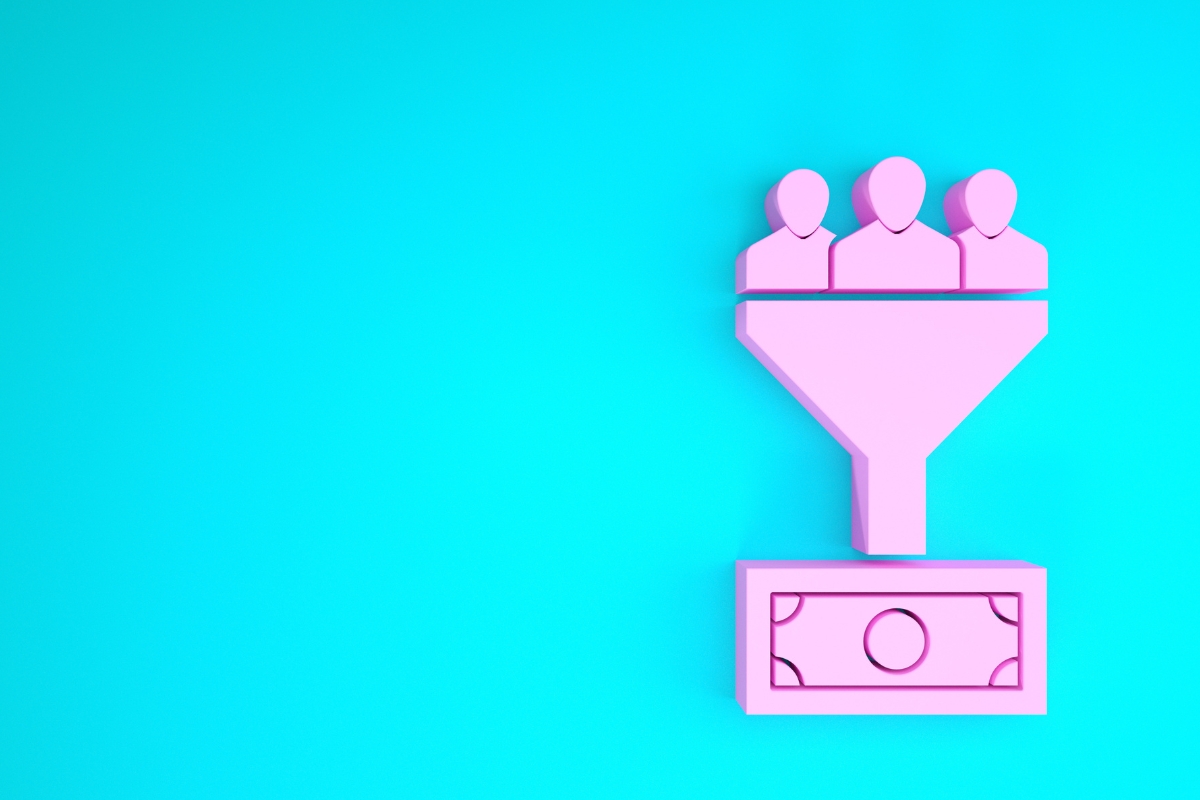
When it comes to post-purchase engagement strategies, a crucial aspect to consider is how they tie back to the marketing funnel stages for effective customer conversion. After a customer completes a purchase, the journey doesn’t end there. It’s essential to keep them engaged with your brand to foster loyalty and encourage repeat business.
One of the key post-purchase engagement strategies is to show appreciation to the customer for their purchase. Sending a personalized customer conversion email or message can go a long way in making the customer feel valued. This simple gesture not only acknowledges their purchase but also sets the stage for further engagement.
Another effective strategy is to provide post-purchase support. This could include offering guidance on product usage, troubleshooting tips, or access to customer service. By helping customers get the most out of their purchase, you not only enhance their experience but also increase the likelihood of them becoming repeat buyers.
Encouraging customers to leave reviews and feedback is also crucial for post-purchase engagement. Positive reviews can build trust with potential customers, while constructive feedback can help you improve your products or services. Offering incentives like discounts or exclusive offers for leaving reviews can motivate customers to share their thoughts.
Cross-selling and upselling are strategies that can be employed post-purchase to increase customer engagement and drive additional sales. By recommending related products or upgrades based on their purchase history, you can entice customers to make repeat purchases and increase their lifetime value.
Conclusion: Mastering the Marketing Funnel Stages
Understanding the different stages of the marketing funnel is essential for effective customer conversion. By crafting compelling content for each stage, leveraging social proof and testimonials, implementing retargeting tactics, optimizing the conversion process, and engaging with customers post-purchase, businesses can maximize their chances of success. Additionally, customer segmentation for marketing allows businesses to tailor their messaging and strategies to specific customer groups, further enhancing the effectiveness of their marketing efforts.
Consider partnering with Newman Web Solutions to optimize your conversion process and drive business growth. With our expertise in digital marketing strategies and customer engagement, we can help you navigate each stage of the marketing funnel with precision and success. Reach us at (404) 301-9189 or book a free 30-minute marketing strategy session and discover how we can tailor our solutions to meet your unique needs.


